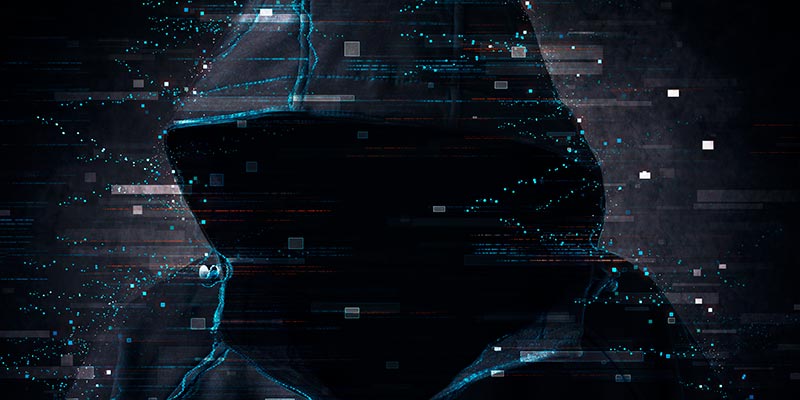The Hidden Wiki is often regarded as the gateway to the dark web, serving as a crucial repository of information and links that facilitate access to a multitude of hidden services. Unlike the surface web, where websites are indexed by search engines, the dark web operates in obscurity, relying on specific software such as Tor The Onion Router to access sites that are not accessible through standard browsers. The Hidden Wiki provides users with a directory of these sites, categorizing them into various sections, including forums, markets, and other services that operate outside the reach of conventional law enforcement. This anonymity is appealing to users for numerous reasons, ranging from the desire to access censored information to engaging in illicit activities. One of the key features of the Hidden Wiki is its ability to provide a semblance of organization within the chaotic environment of the dark web.

As new sites emerge and others become inactive or are taken down by authorities, the Hidden Wiki acts as a living document that attempts to curate the ever-changing landscape. This means that users can find links to various resources that align with their interests or needs, whether it is forums discussing privacy rights, marketplaces for illegal substances, or platforms for whistleblowers. The dynamic nature of the Hidden Wiki means that it frequently updates its links, although users must remain cautious, as not all links lead to safe or legitimate sites. The dark web is rife with scams and malicious content, making the need for careful navigation essential. Anonymity is a double-edged sword within the context of the Hidden Wiki and the dark web. While it enables users to explore topics and activities without fear of retribution or exposure, it also creates an environment conducive to illegal activities. Criminal enterprises thrive in this shadowy realm, utilizing the Hidden Wiki as a means to connect with potential buyers or collaborators.
The ability to operate anonymously means that these marketplaces can function with relative impunity, though law enforcement agencies worldwide are becoming increasingly adept at infiltrating and dismantling these operations. Furthermore, the Hidden Wiki plays a significant role in fostering a culture of digital resistance. Many users are drawn to the dark web not solely for illegal activities but also for the pursuit of free speech, privacy, and access to information that is often suppressed in their home countries. The Hidden Wiki serves as a resource for activists and dissidents, providing them with tools and information that can aid in their struggle against censorship and oppression. This facet of the dark web illustrates the complex interplay between anonymity and access, highlighting how the same tools that facilitate illicit activities can also empower marginalized voices. In conclusion, the hidden wiki is a powerful entity within the dark web, acting as a vital link between users and a vast array of hidden resources. Its influence extends beyond mere access to illegal services; it embodies a broader struggle for privacy and freedom in an increasingly monitored digital landscape.


